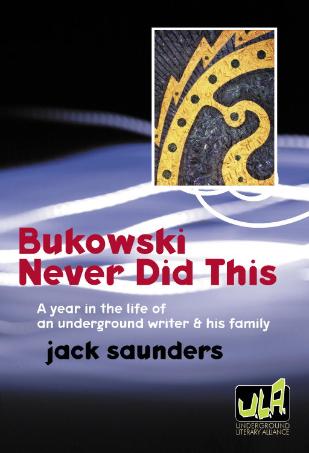Does the artist matter in how we view their art?
I’ve heard it suggested that it doesn’t matter. But it seems that a lesson of modernity is that it does. This is an aspect of relativity, perhaps.
I’ve heard of a couple lines that go something like the following. “Socrates ground his children for pigment.” Or, Wm Faulkner’s daughter wrote that once when her dad was going off on a bender and she begged him to not do it he said “Nobody remembers Shakespeare’s kids.”
Those sentiments are true. But at the same time once we know them it affects us. And it can be important to know them. It’s important to know where your art or information is coming from.
“Set and setting.” …A concept from the drug culture of the 60’s. Useful today still.
Heck, it’s an important factor in science, too. But often underappreciated. Scientists try to do doubleblind studies where the subjects are ignorant and where placebos are used. This is done to remove the role of the subject. But that’s bad. The effect of the subject is important and can be critical. Of course, sometimes it’s less so or is rightfully reduced. Really, both aspects should be studied. Science even says so as per genomic feedback: what we think affects our genes, as in the epigene. But ignorance can easily be controlled for while awareness is maybe one of the more difficult things to study. It’s subjective. Ah ha!
So whether an artist was a vile person or a wonderful person or what were the conditions in which the artist had to work — all these are relevant. Especially once you go further than skin deep in the art. Which we should, shouldn’t we?
The situation at least informs our view. We make allowances one way or another.
Stephen Hawking’s ideas stand on their own but it’s interesting to us that he is quadriplegic.
So we’ve heard that Lou Reed was a wife-beater or we gawk at Errol Flynn’s autobiography “My Wicked, Wicked Ways.”
My literary hero Jack Saunders often pondered this subject, especially as regards his rivals Hemingway and Bukowski. Does it matter if they wrote like angels if they treated their families and loved ones like crap? It’s a good question.
(I sell a few of Jack’s novels, incl a more recent one, pictured.)
Folk art theory is interested in this. Actually, it’s not. That theory has been held back. Folk artists are assumed to be illiterate, but that’s an outdated idea. The newer concept is to consider the conditions of their work. This isn’t popular because it can make commentators look bad. Sure, prison and asylums are allowed to be considered, but not trailer-parks. This relates to the mission of the old literary activist group I was involved with, the Underground Literary Alliance (ULA). …Important writers often eat from dumpsters. Even though NYC’s most famous editor says there are no more good writers toiling away anonymously in the hinterlands.
Saunders experienced his literary career as a janitor who enjoyed close bonds with his family. He asserts that this should be considered in evaluating his work. I agree.
It reminds me a little of a book that I helped a family self-publish in memory of their son. This young person was an old fan and contributor to OYB. He developed a dread disease that gradually stole his abilities, but he kept trying all the way to the end. He lived in his imagination. He wrote a coming-of-age novel about young teen love — a love he never got to savor beyond imagining. But his imagining was still full and rich. So what did he really miss? His work shows that he bonded with humanity even if it wasn’t able to bond with him. Though I’m sure he had friends and bonded just fine. He was writing this book near the end with the help of a puffer-straw. When reading the story I’m struck by the role of music and pop songs. The story has a soundtrack. Doesn’t most of life? It’s a nice feature. But he became deaf.
…I should publish an eBook version of this novel. It’s a good story.

